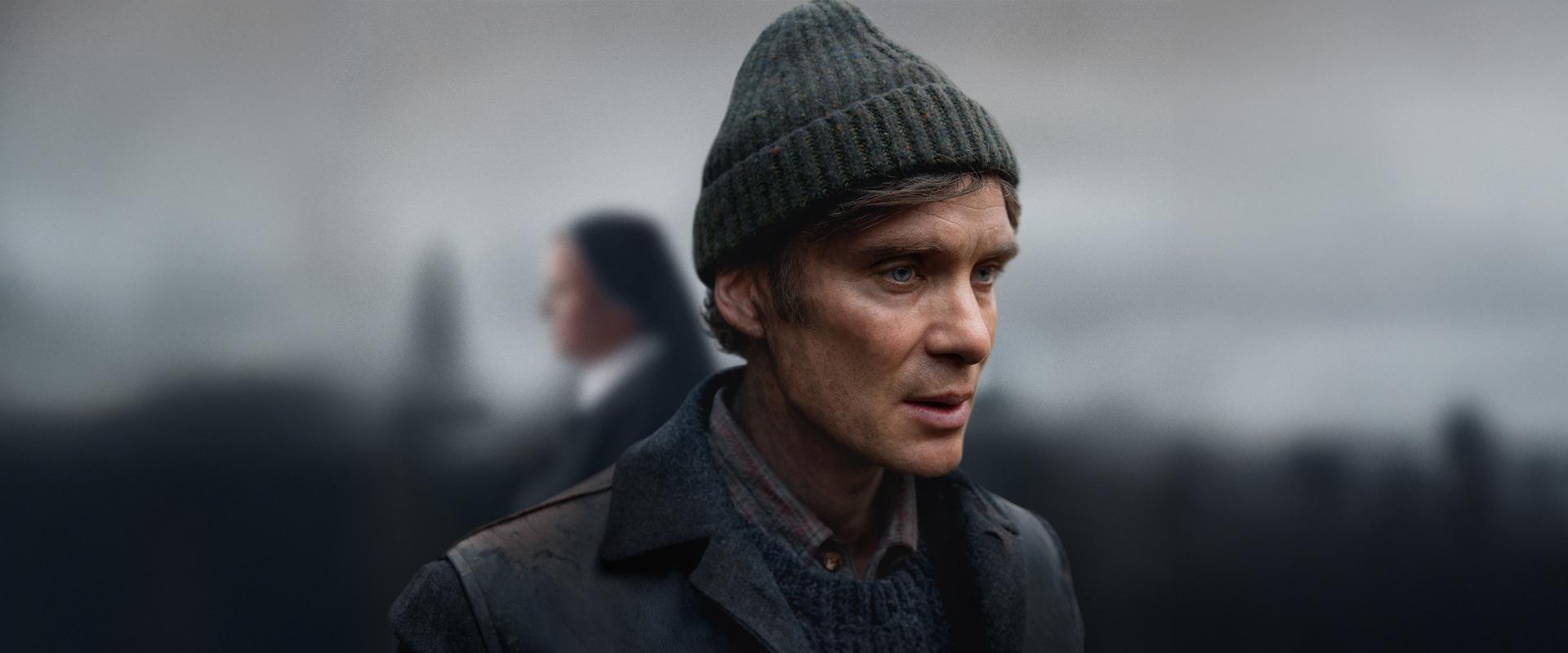There’s something almost perversely frustrating about watching a film that’s desperate to be important but allergic to getting its hands dirty. Small Things Like These turns the Magdalene Laundries—a subject with the fury of a thousand scandals—into a very slow, very wet walk in the Irish mist. You keep hoping for lightning, but all you get is drizzle.
Don’t misunderstand: the story’s bones matter. You can feel the heaviness in the real history—those Magdalene Laundries where women were “cleansed” with forced labor and the pious stink of hypocrisy, all under the guise of Christian redemption. The film opens that door, then refuses to step through it, as if afraid we’ll track in the mud of actual pain and outrage. It’s the kind of movie that seems to think solemnity is enough, as though the damp air and a few frosty glares will stand in for emotional charge. No dice.
Director Tim Mielants paints Ireland in a hundred shades of melancholy—he knows how to find a bruise in a sunrise—yet his camera is more enchanted by puddles than the fire at the film’s core. It wants to be poetry and ends up a haiku scribbled on a cold window. There’s lushness, yes, but it’s the lushness of someone pressing the “moody” filter on Instagram and calling it art. Meanwhile, the pacing lumbers along as if it’s carrying a sack of coal with every shot. By the time a scene threatens to break out of its own slog (is Bill going to do… anything?), the energy returns to a sulky simmer.
And then there’s Cillian Murphy, whose mere presence ought to shatter the silence. He gives us a portrait of longing decency: a coalman shuffling toward accidental heroism, face twitching with all the inner conflict the script allows—though mostly he’s left clutching his conscience like a sodden umbrella. In another, livelier movie, Murphy would peel the paint from the church walls. Here, he looks as if he’s standing outside in the rain, peering through the stained glass at the story happening somewhere offscreen.
Emily Watson, as Sister Mary, is the kind of nun who enters a room and you want to wrap yourself in sacrilege for warmth. Her performance rumbles with the sort of restrained malevolence that might have landed her a part in a good Polanski film. She meets Murphy’s Bill for a showdown that’s more a polite shoving match than a clash between sinner and system. It’s not the performers’ fault—they're giants forced to tiptoe, marooned by a script that equates long pauses with gravity.
The real betrayal is that the film dangles the horrors of the laundries only to towel them dry before we’ve properly felt the chill—flashbacks and narrative feints hint at traumas barely explored. When something finally does happen, it lands with all the impact of a pebble dropped in a bog.
Mielants, for all his painterly instincts, seems afraid of urgency. The movie is so busy mourning the past—so religiously reserved—that it forgets the present viewer’s blood needs to move. There’s no catharsis, no crackle, no anger slipping in around the edges. At its best, it’s pretty as a postcard. At its worst, it hushes you with the suggestion that social outrage is best whispered over tea and never raised above a murmur.
Of course, some audiences will swoon for the somnolent elegy—those who mistake glacial pacing for maturity, or who conflate silence with depth. But for the rest of us, especially those who remember what cinema is supposed to do to your nerves and your principles, Small Things Like These is a gentle letdown—a story about complicity that goes out of its way never to make you complicit, or even very uncomfortable. You walk out with your coat as dry as when you walked in.
There are movies that crack open history and force you to see it raw. There are movies that show you the wound, then softly apologize for bringing it up. Small Things Like These is the second kind. You wish it had the gall, just once, to get a little mud under its fingernails. Instead, it stands politely at the door of atrocity, hat in hand, and waits for someone else to do the shouting.


